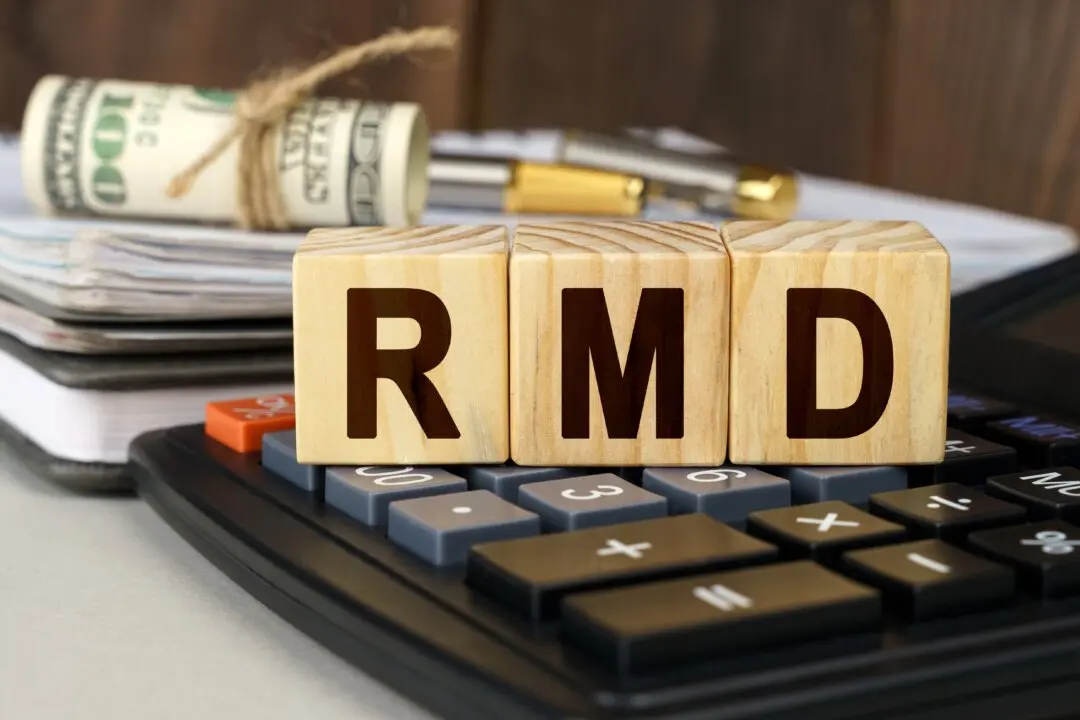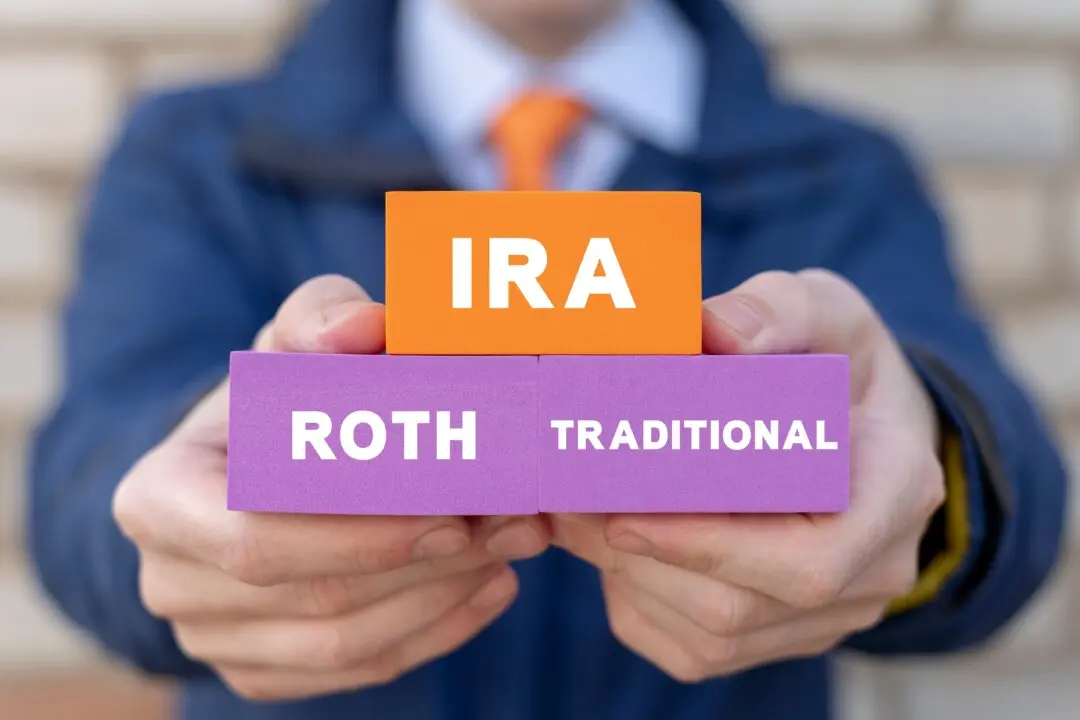Are you feeling extra generous this holiday season? If you’re thinking of giving large gifts and worried about paying a gift tax, don’t worry. Most people don’t pay a gift tax because of the exceptionally large lifetime gift tax exclusion.
In 2025, the lifetime gift tax exclusion will increase to $13.99 million for individual filers, and to $27.98 million for married couples filing jointly.






